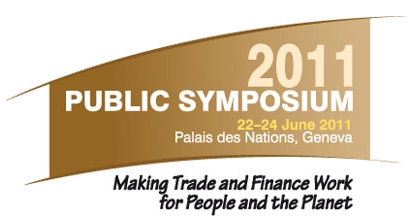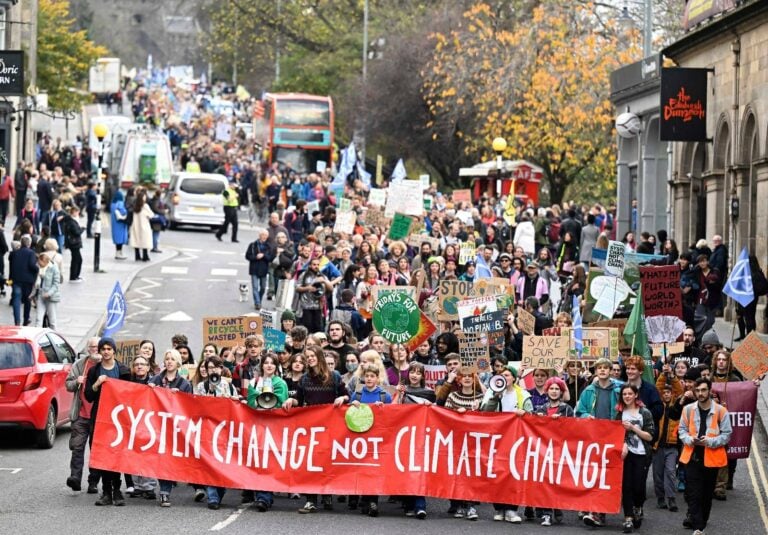
Making trade and finance work for people and the planet
On 22-23 June 2011, UNCTAD organizes a public symposium about ‘Making Trade and Finance Work For People and The Planet’. SOMO’s Senior researcher Rens van Tilburg is attending and contributing based on the many related research SOMO has been undertaken recently.
As a contribution to the symposium, SOMO has submitted a short description(opens in new window) on how the EU is slowly regulating derivatives markets while the financial industry tries to weaken the draft EU laws. This EU regulation will not only affect developing countries. If they remain risky with high volume of socially useless speculative activities, they can contribute to another financial crisis. But the increasing number of financial players in food and other commodity derivatives markets as well as under-regulated foreign exchange derivatives can also have negative consequences on developing countries. The case study on the financial sector in South Korea is an example on how dangerous the use of foreign exchange swaps can become for a country. From a civil society perspective, many improvements are warranted to the EU’s derivatives regulation as well as to the EU’s fysical food markets and food production.
Many EU regulations will have an impact on developing countries and sustainable development but this is hardly debated. SOMO still welcomes comments on its updated discussion paper on how the EU’s financial reforms affect developing countries(opens in new window) and what can be done about it. In the mean time, SOMO continues to monitor the ongoing EU financial reforms in a bi-monthly Newsletter(opens in new window) (see: https://somo.nl/dossiers-en/sectors/financial/eu-financial-reforms/newsletters ) to which all can subscribe.
Also related to the theme of the UNCTAD symposium are the papers published by Friends of the Earth and BankTrack, to which SOMO has contributed, on how banking could become more socially and environmentally sustainable in the current financial reforms (Seven steps to make banks more sustainable in 2011(opens in new window) and In 2011 European decision makers can make banks more sustainable(opens in new window) ). These proposals contrast with the total lack of integration of sustainability in the current banking reforms (e.g. “Basel III”). UNCTAD’s symposium can raise other ideas from civil society all over the world how the financial sector reforms should benefit people and the planet.
SOMO researcher @RensvanTilburg(opens in new window) is attending the symposium and giving an update on twitter.
Information:
- Contribution SOMO to the UNCTAD symposium: Regulating the commodity and exchange derivatives markets: the case of the EU(opens in new window)
- Symposium: Making Trade and Finance Work For People and The Planet(opens in new window)
- South Koreas Experience with Banking Sector Liberalisation
- Seven steps to make banks more sustainable in 2011(opens in new window)
- In 2011 European decision makers can make banks more sustainable(opens in new window)
Related news
-
Why share buybacks are bad for the planet and peoplePosted in category:Opinion
 Myriam Vander StichelePublished on:
Myriam Vander StichelePublished on: Myriam Vander Stichele
Myriam Vander Stichele -
 The trillion-dollar threat of climate change profiteersPosted in category:Long read
The trillion-dollar threat of climate change profiteersPosted in category:Long read Myriam Vander StichelePublished on:
Myriam Vander StichelePublished on: -
The treaty trap: The miners Published on:
 Vincent KiezebrinkPosted in category:Publication
Vincent KiezebrinkPosted in category:Publication Vincent Kiezebrink
Vincent Kiezebrink

